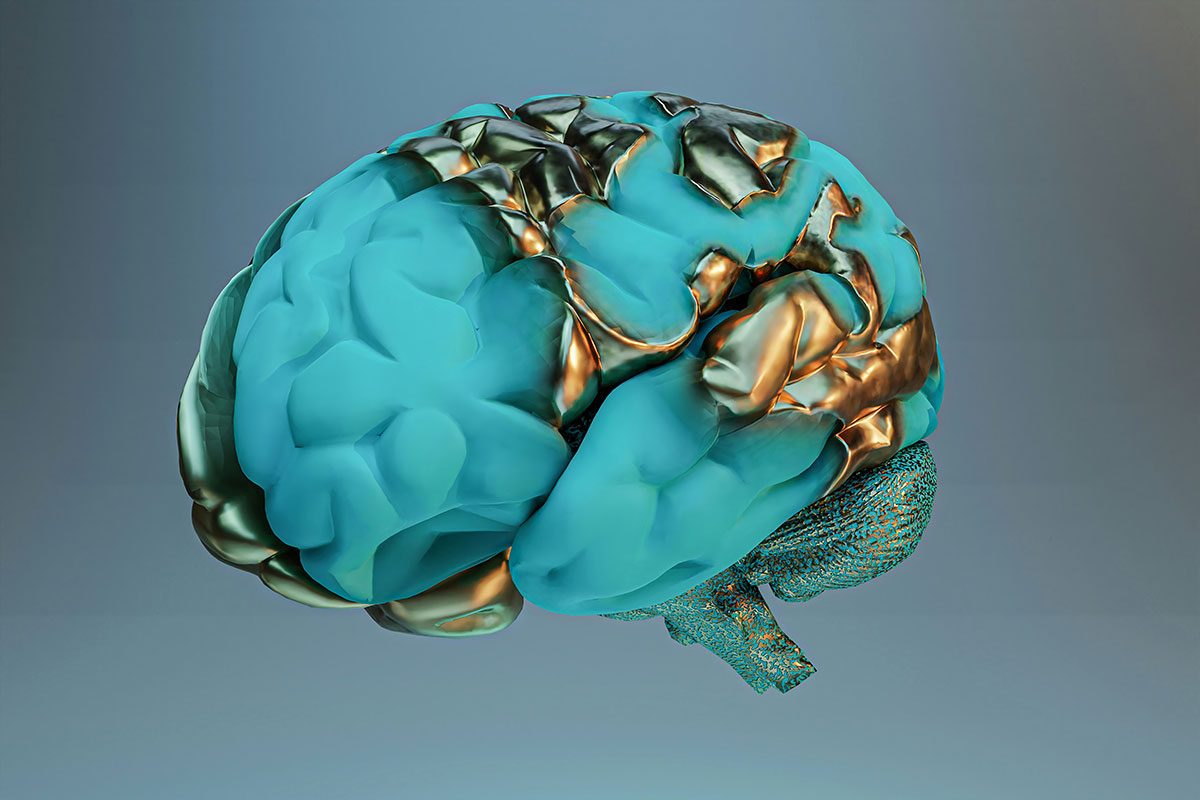I was today years old when I realized the difference between validation and compliments. Validation says, “I don’t believe what I know unless someone else’s words or actions confirm it.” Compliments say, “I know this thing about myself, but I appreciate you seeing my efforts and gifts,” or, “I didn’t know this thing about myself, and I appreciate you noticing me and sharing your perspective with me.”
This is a huge lightbulb moment for me. I am confident in who I am. I know where I am gifted, but I like to receive compliments. I am a “words of affirmation” woman. I enjoy physical touch, I value acts of service, and I desire feedback.
I fall into the words of affirmation love-language category because I desire feedback, not validation. Because I can be critical of myself for improvement purposes, I appreciate when people take notice of the work that I am doing or have done.
When I work hard, I want people to notice. Generally speaking, I like when people notice me—when people notice my features, my talents, my needs. Who wants to feel invisible?
How the Brain Responds to Compliments
I found an interesting fact while I was looking up how the brain responds to compliments. Our brains respond similarly to compliments as they do when we receive monetary gifts. Compliments activate a reward center in our brain and release dopamine in our striatum. This part of our brain is responsible for creating habits and the part of our learning that occurs when we sleep called skill consolidation.

This was a beautiful aha moment for me, because it likely means that compliments were probably a form of payment before money existed. Our bodies have an automated response to receiving compliments that is likely ancient, think about that.
That sounds like an evolutionarily response. People who are good at things receive compliments and therefore continue to do them because the community recognized them. Because they were recognized and appreciated for their work, the part of their brain that is responsible for habit-forming and skill consolidation was activated. The compliment activated the part of brain responsible for retaining steps and actions needed to perform the praised skill and the part of the brain that is responsible for forming habits. When we practice skills consistently we are likely to improve. In this framework, money is not needed as a behavioral reinforcement as it currently is used.
Money is actually an artificial reward that only becomes a reward when paired or associated with natural rewards. Think Pavlo and how the food paired with the bell made the dog salivate. Money is paired in the same way. When money is paired with food, when money is paired with shelter, when money is paired with freedom, money becomes the bell and you begin to forget what the real reward is. The paper or digital transfer is only the conduit, and not the only conduit, for receiving the reward.
So compliments have an evolutionary function in society. Although I may know when I’m doing a good job, when I’m looking good, and when I love well, having people around me who reward this behavior reinforces it. People who reward this behavior aid me in continuing to hone my skills in the art of writing, teaching, loving and growing. Having people around you to compliment you isn’t just a personal need, it is a science-backed social benefit.
Social Media Manipulates Our Reward Systems
However, seeing this gives me a clearer lens on how this knowledge can become manipulative. Social media is a clear example of this. People are using the knowledge that compliments reinforce behavior to create addiction to social media. If we know compliments activate a reward center that creates habits, we understand the function of the “like” button. Social media pairs the “likes” with money and doubles down on its manipulation of our brains’ reward systems to create habits.
But there is hope when people use this information for good. Think of the ways this could transform all relationships: parenting, romantic, work and community. I look forward to integrating this knowledge into my being with the intention of improving the world around me.

In a lot of ways, as beautiful as this realization is, I do understand it is a step in my evolutionary process. Within yoga there is a concept that addresses the next step, non-attachment. It is a process in which we detach our desires for a reward from our actions, where we do what is in alignment without expectation. We keep no tabs of what is owed to us for our “good” deeds, and we find our reward in the act itself.
How would it change the way you carry out a task if you knew the only reward you would receive would be the pleasure we created in the task itself? I suspect that we would spend more time trying to make richer connections during our task. There would be more music, more dancing and more witnessing. I think we would take a more artful approach to life’s more mundane tasks.
Another reason I believe my desire to be complimented is only a step is because of a concept spelled out in the book, “The Four Agreements: A Practical Guide to Personal Freedom.” I love how the book discusses compliments in the section about taking nothing personal. The second agreement encourages us to take nothing personally, articulating that what people say has more to do with them than it does with you. The book states that this is true of insults as well as compliments.
When someone gives you a compliment, it says something about what they think of themselves or reveals their internal state. I am a self-proclaimed hype woman. I stay giving people compliments be it their appearance, their intellect, their growth or their effort. I like to acknowledge people. This conclusion would be considered true of me because I think highly of myself. So in my case “The Four Agreements”’ assessment is accurate. I am complimenting others because I feel good about myself.
This same concept reminds me to be more compassionate, to not create negative narratives about why people don’t compliment. Can people authentically offer something to you that they struggle to offer themselves? This is where self-affirmation comes in handy. It can diminish the reliance on external compliments, and you become a model of this for people learning to appreciate themselves and others.
This MFP Voices essay does not necessarily represent the views of the Mississippi Free Press, its staff or board members. To submit an opinion for the MFP Voices section, send up to 1,200 words and sources fact-checking the included information to azia@mississippifreepress.org. We welcome a wide variety of viewpoints.






